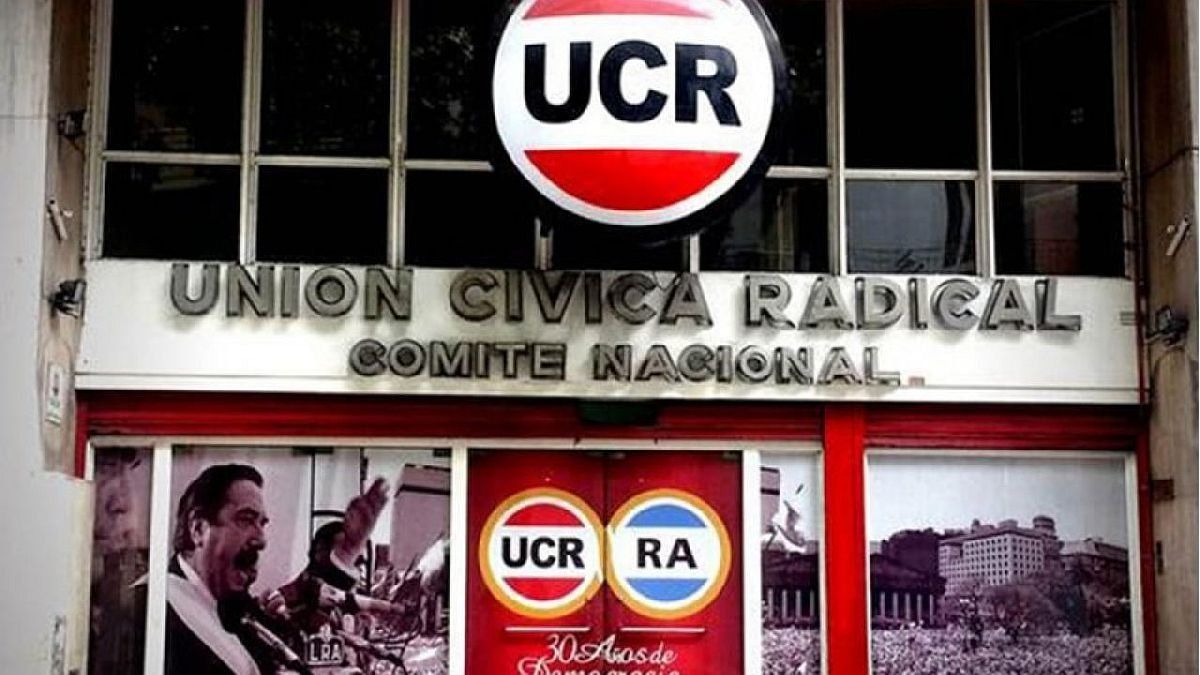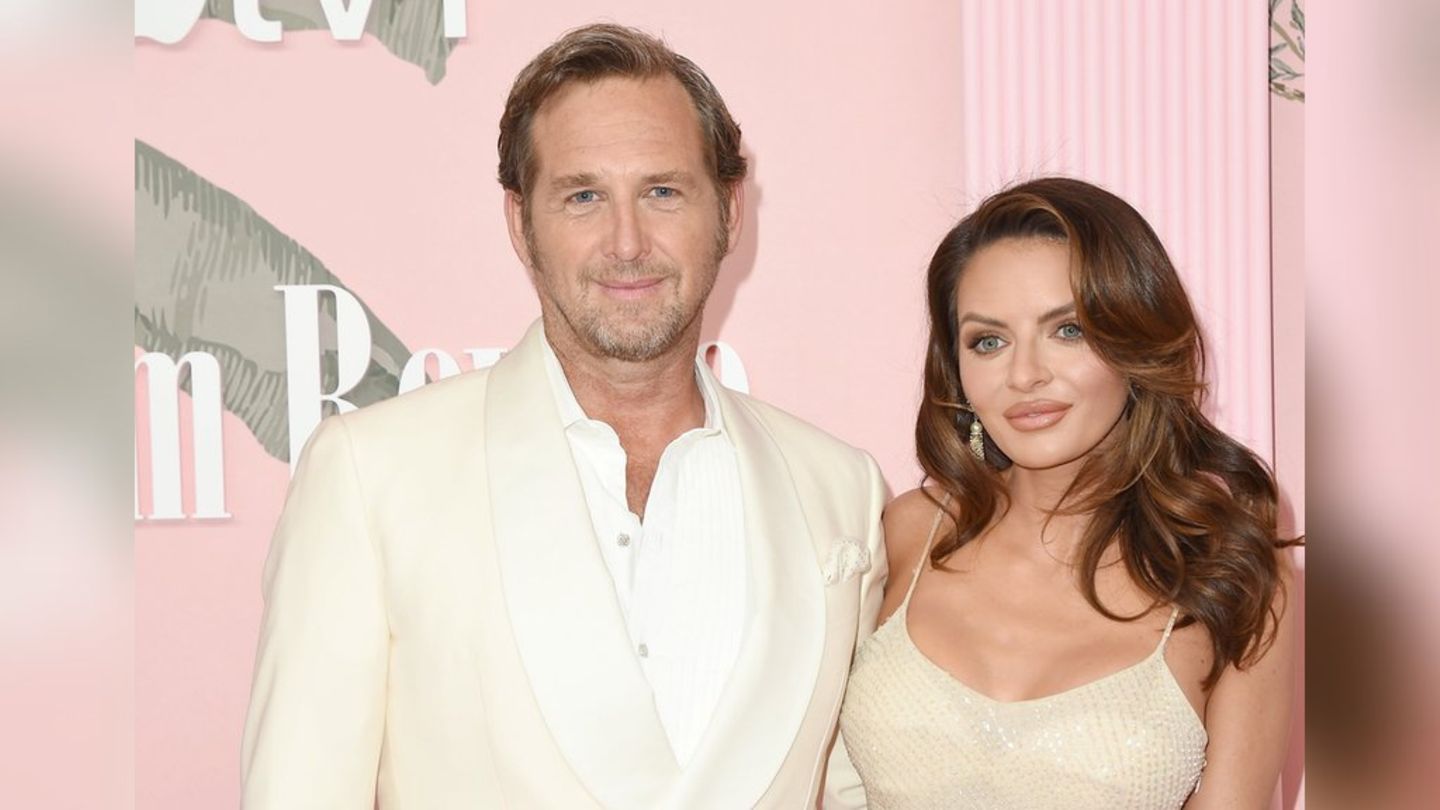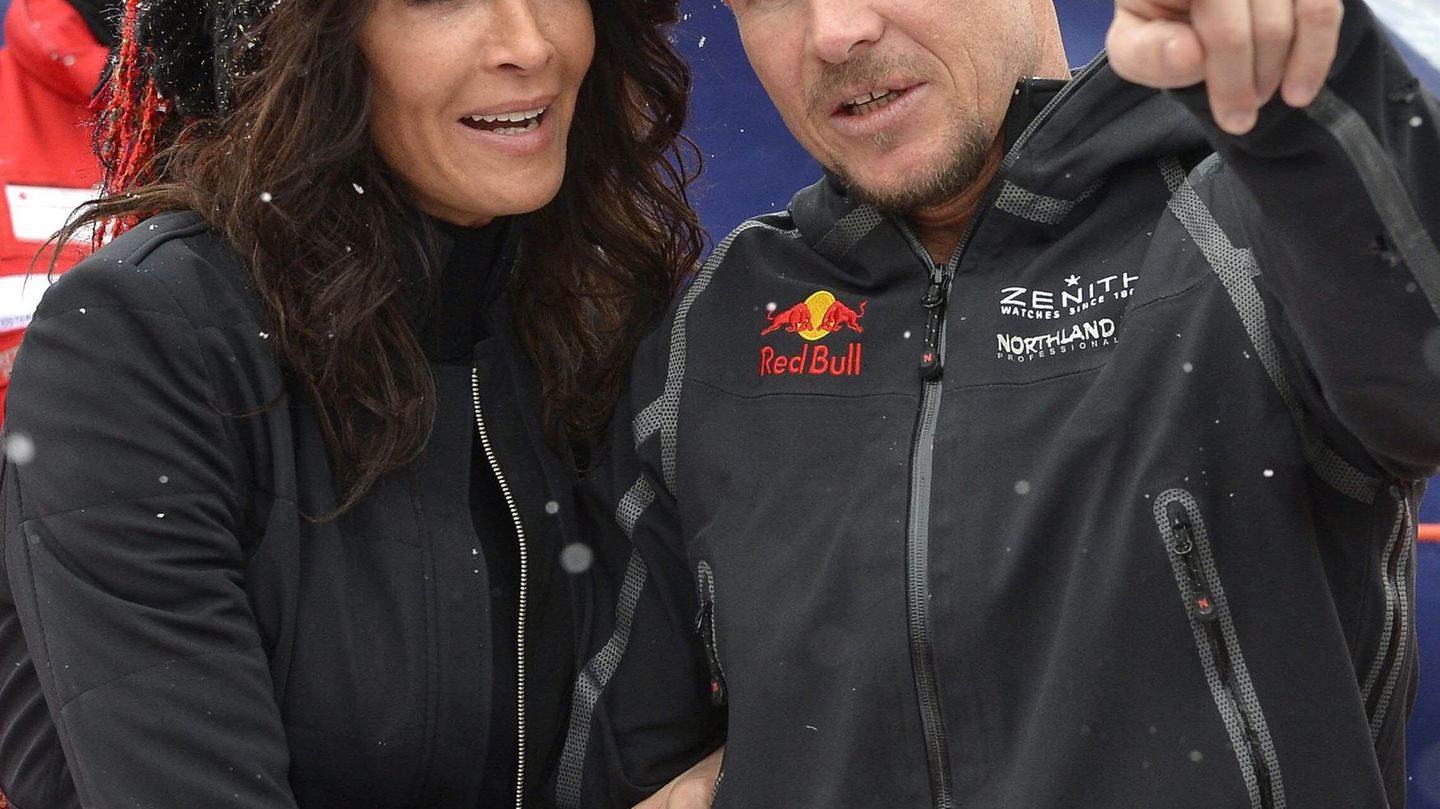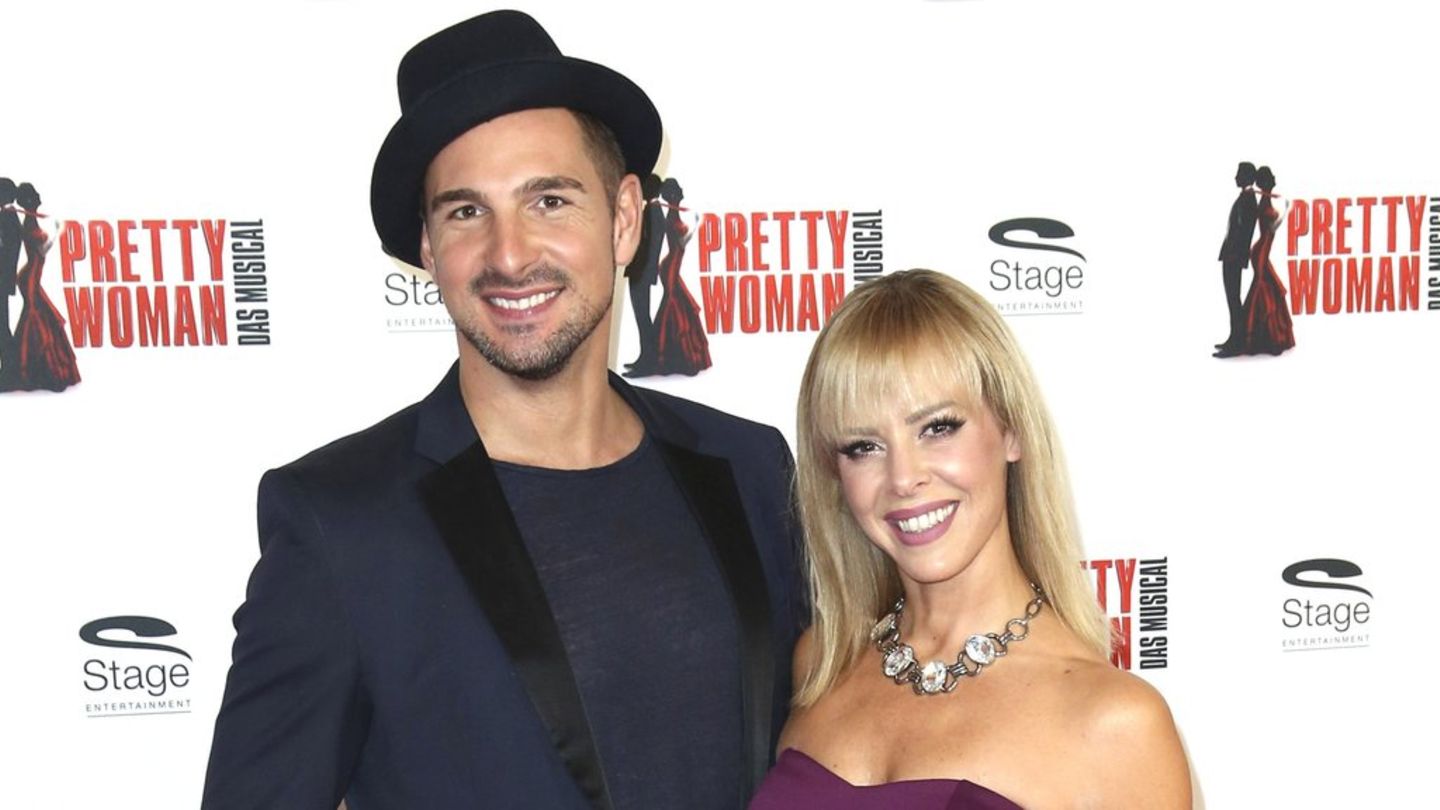The series would be completed this past March 12 on the occasion of Radical Militant Day, a day during which dozens of leaders of this party uploaded slogans to their networks that, far from remaining merely commemorative, ended up confirming a fact: the Radical Civic Union has decided to come forward and stop being the back office that guarantees cadres and control within the opposition coalition. This was expressed by the National Deputy for Formosa, Fernando Carbajal, who posted a close-up video on his Instagram where he stated: “[…] this year is different, because that radicalism that Alem, Yrigoyen, Illia, Lebensohn and Raul Ricardo Alfonsin dreamed of, is recovering today; is positioning itself at the center of the political scenein the national order, but also in each and every one of the provinces […] There is a new radicalism, a radicalism that comes to govern, but that also comes to transform this Argentina from the base”.
Now, it is clear that the prediction of a serious power crisis justified by an even more serious economic crisis has accelerated political times, as it is also clear that the UCR has decided to take note of this acceleration and mark the pitch within the coalition that integrates forces such as the PRO or the Civic Coalition. What is not so obvious is so that.
Since the centennial party is essential due to its oversight capital in almost the entire country, in the same way that it would be imprudent not to consider the governance contribution of a force of this magnitude, not only within the Congress of the Nation, but also within of the different local legislatures throughout the country. The same could be said, without naivety involved, of the contribution that the UCR makes in its intermediation with the Judiciary or with the university movement, for example, in addition to the contribution of picture to occupy positions at the different levels of government in the face of a very probable victory in 2023. But if we consider the serious crisis that the country is going through, it is also worth asking what would be the content of an eventual government led by this force.
The Radical Civic Union (UCR) carries with it the history of ideologically opposed representatives. If at one extreme we can mention the economic and political liberalism of a Marcelo T. de Alvear, at the other it is necessary to highlight a socialism with a marked accent on Raul Ricardo Alfonsin. This ambiguity is not surprising, considering that any party of the type catch all, according to the historical name of Maurice Duverger, contains within itself the ability to pivot between ideological positions according to the historical and political circumstances of the country where it disputes power. However, this is not the case for radicalism.
On the contrary, in its greatest exponents in recent decades and in the current ones, it continues to ponder almost exclusively the ideological imprint that led Alfonsín to military membership of the radicalism to the Socialist International, which came to fruition in 1999, after 25 years of personal efforts by the former president, who held the vice presidency of the international organization even then. Therefore, many young people today are active in the ranks of the centenary party, unaware of the impact, gravitation and ideas of so many other referents of yesteryear and convinced that socialism, as a program and political director, is inherent in the radicalism.
The challenge stems from the fact that the country is currently on a path in which expressions such as inflation and fiscal deficit, so ontologically characteristic of socialist regimes, have become a daily part of our public debate. Similarly, after 19 years in which the Kirchnerism has gravitationally occupied the political scene, the need to offer citizens an alternative that is sufficiently distant from what it proposes becomes clear. And in this sense, the question is: can the UCR make that turn in time enough?
Alfonsín.jpg
Courtesy UCR
Everything seems to indicate no. On the contrary, in figures of the stature of Gerardo Morales, Martin Lousteau or his own Facundo Manesand in the picturesque folklore of radical youth, the same atavistic slogans that knew how to be represented by the intellectual and referent of radicalism are still present, aldo ferrer. In the same way that those who, despite being able to prove a markedly radical origin, have expressed the need to turn towards more pragmatic and liberal positions, as is the case of Ricardo López Murphy, still do not find the silver bridge that allows them to return to this national force.
From this point of view, hardly come to power, se can expect a UCR willing to face substantive issues such as a drastic and urgent reform of the state, the dismantling of social movements, labor reform, the strengthening of the armed forces, the open fight against organized crime, pension reform, the opening of the skies and the concomitant privatization of Aerolineas Argentinas, among many other urgent policies.
Lastly, it can be said that politics is nothing more than the art of the possible. In that sense, as once Carlos Menem Icame to power saying one thing to end up doing the diametrically opposite, it is possible that good sense will end up predominating and so will radicals understand today that the country must take a 180º turn and begin to travel a path of productive development, economic stability and social peace that the democratic period still must.
If we remember the fateful fall of De la Rúa in 2001, one wonders if the radical troops themselves, as a counterpart to this renewed will to power, are willing to pay the costs on this occasion.
Source: Ambito




